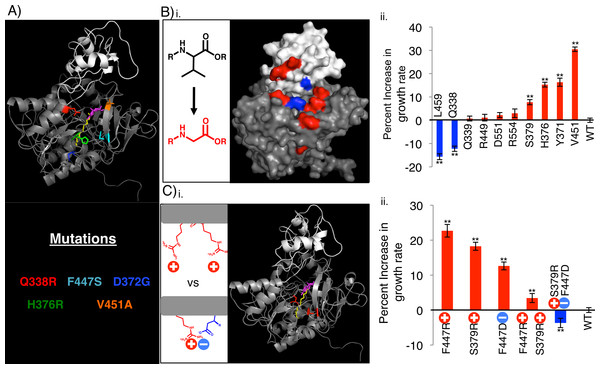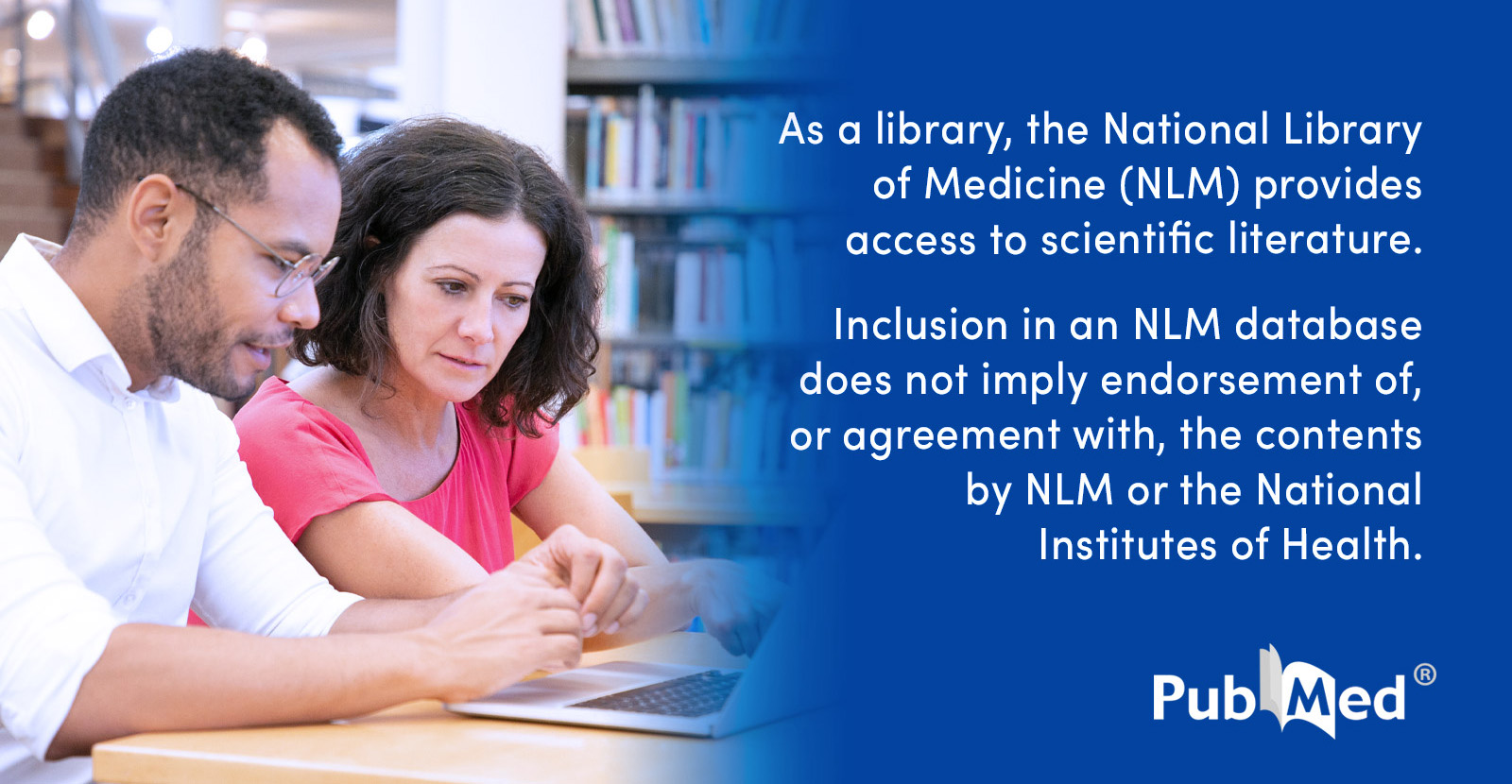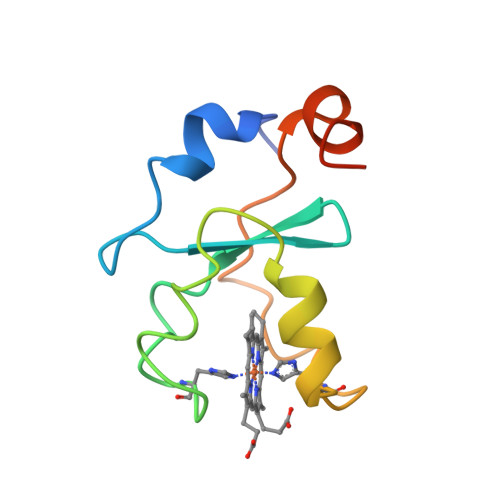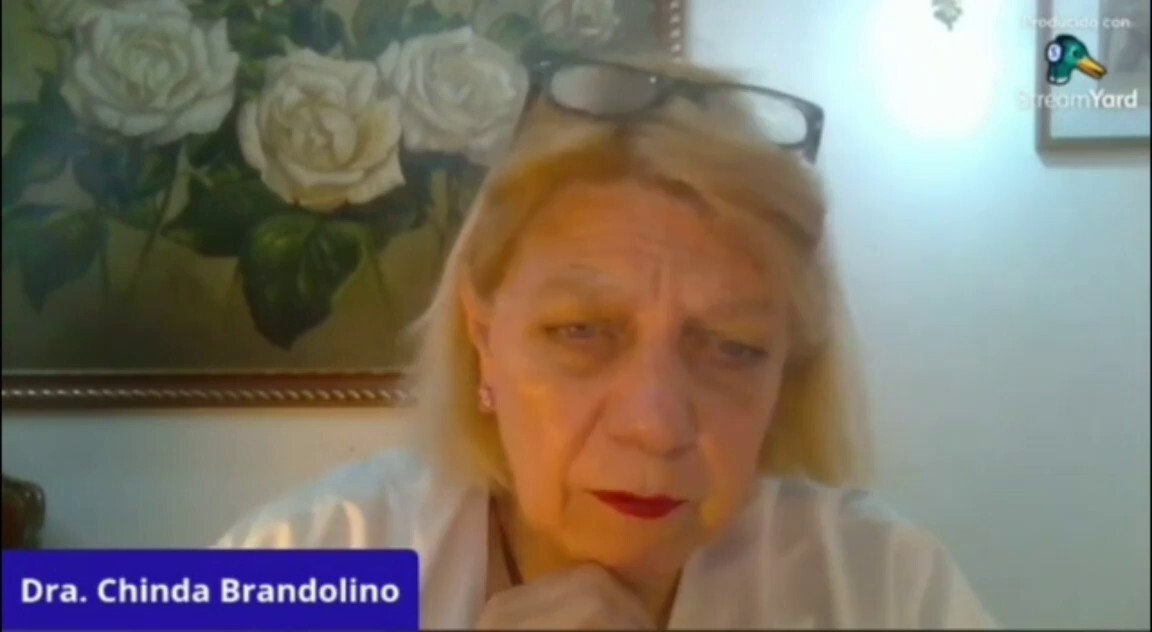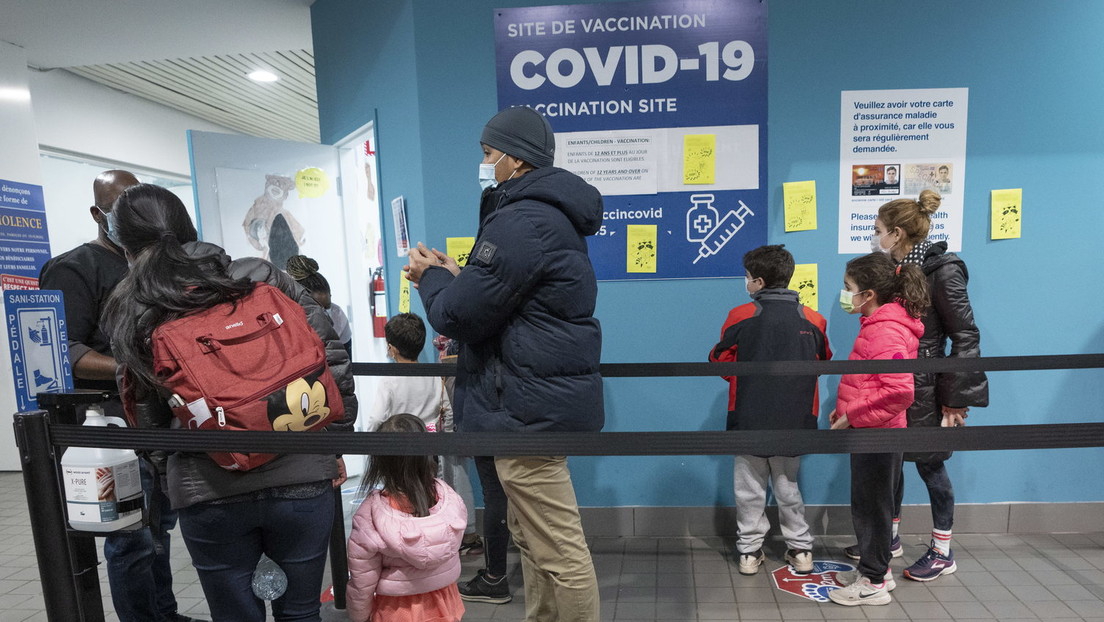Slovenian main MSM, 24Ur =24Hours, report about Cubas own vaccines. Translated with Google translator.
Despite decades of economic and political sanctions, Cuba is on the verge of success in the fight against covid-19. Soberana showed an efficacy of 92.4% in clinical trials. On the island, where two vaccines have already been developed, 90 percent of the population has received at least one dose, and the number of infections has dropped dramatically in the past two months. Vaccination gained momentum only after individuals and organizations managed to circumvent the US blockade and donate more than eight million injection needles to Cuba. All global companies that produce them are not allowed to do business with Cuba due to US sanctions.
At the outbreak of the covid-19 epidemic, Cuba was practically the first country to come to the aid of others with its medical teams. Europe too. Recall, a group of 50 Cuban doctors arrived in Bergamo in the spring, at a time when cooperation between European countries was severely curtailed, and Italy did not hide its dissatisfaction with Brussels. Other medical teams have gone to other Caribbean countries, South America, Africa, Asia and the Middle East. Cuba still follows the “doctors, not bombs” policy and, as they like to say, puts the achievements of medicine at the forefront, unlike its northern neighbor. In 1985, Cuba was the first to develop a vaccine against meningitis B. National scientists also invented new drugs for hepatitis B, diabetes, and developed an effective treatment program for cancer, including the lung cancer vaccine Cimavax. Cuba is also the first country to eradicate mother-to-child transmission of HIV. Cuba decided early on that it would not wait to develop its own vaccine. One of the reasons was the US embargo, with which Washington has been working since the 1960s to worsen the economic and living conditions on the island and thus encourage the population to change the regime. “For the protection of our population, it is thus most important that we be independent,” said Vicente Vérez Bencomo, director general of the Finlay Vaccine Institute in Havana. According to the renowned scientific journal Nature, a report published on November 6 reveals that Soberana 02 is more than 90% effective against symptomatic covid-19 infection, as well as highly effective against the delta strain, which has caused more hospitalizations and deaths compared to previous versions of SARS-CoV-2.
According to data released on December 2, 89.9 percent of the population, including children over the age of two, received at least one dose of Soberana 02 or Abdala vaccines. According to the Cuban NIJZ, 81.8 percent of the population is fully vaccinated. The epidemic peaked in August, with nearly 10,000 infections reported daily, and the number of infections has dropped dramatically in the past two months, as has the number of deaths. 110 infections and one death were reported on Saturday. In total, 963,000 infections and 8,307 deaths were confirmed in Cuba, which is less than one percent and also less than, for example, in the United States and some other Western countries. The Cuban regulator approved vaccination with Abdala and Soberana 02 for adults in July and August, respectively, and health workers also started vaccinating children a few months later. The country has started exporting vaccines to Venezuela, Vietnam, Iran and Nicaragua. Cuba has asked the World Health Organization (WHO) for approval of its vaccines, an important step in ensuring their availability especially for developing countries that have not received promised quantities of vaccines from major global pharmacists such as Pfizer, Moderna and Janssen. In the development of Soberana 02, the Vérez Bencoma group relied on existing technology, i.e. conjugate vaccine. According to Nature, these are vaccines in which the gene transcript for the desired protein subunit is inserted into a selected vector. Conjugate vaccines are used against meningitis and typhus around the world, and children have been vaccinated with such vaccines in Cuba for years. Scientists at the Finlay Institute in Havana have adapted the conjugate vaccine technology to fight the new coronavirus. Three doses were used, as clinical studies showed that protection against infection increased from 71 percent after two doses to 92.4 percent after the third.
Vérez Bencomo said the institute can produce 10 million doses of Soberana 02 per month. Cuban scientists have also teamed up with the Pasteur Institute in Tehran, where 24,000 people are involved in testing the vaccine. The results are expected to be released soon, according to Havana. Meanwhile, the Abdala vaccine, based on the technology used for the hepatitis B vaccine, has received eight million Cubans. As CIGB researcher Merardo Pujol Ferrer told Nature, this is a large sample. New data on the safety and efficacy of the vaccine are expected to be published later this month. There are currently no data on the more serious side effects of Cuban vaccines. Craig Laferrière: Cuban vaccines could have fewer side effects Vaccines based on proteins such as Soberana 02 and Abdala could have some advantages over other types of vaccines, says Craig Laferrière, head of vaccine development at Novateur Ventures in Toronto, Canada, who studies the safety and effectiveness of covid-19 vaccines. Unlike RNA (mRNA) vaccines produced by New York-based Pfizer and Cambridge-based Massachusetts-based Moderna, protein vaccines do not need to be stored at extremely low temperatures, making them easier to deliver to remote areas. Cuban vaccines could also have fewer side effects than, for example, AstraZeneca and Johnson & Johnson, especially in the area of blood clots. Laferrière expects the side effects of Soberan 02 to be minimal because less than one percent of participants in the third phase of the trial developed a fever. Veréz Bencomo, however, says further data will be released soon. Laferrière adds that the Cuban approach to vaccine production also has shortcomings. "Protein-based vaccines are made using different types of cells to synthesize large amounts of protein. The manufacturing process takes longer, and some research suggests that vaccines that use tetanus toxin protein are less effective in people who have already received vaccine - for example a vaccine against childhood meningitis. " Vérez Bencomo claims to have confidence in the safety of the vaccine, mainly because the technology has been used for decades, without major problems. That is why they did not delay in vaccinating children. So far, two million have been vaccinated, but according to him, the data show that the vaccine is safe and effective.
“I think it’s going to be a useful addition to the fight against covid-19,” says John Grabenstein, president of the Vaccine Dynamics vaccine consulting firm in Easton, Maryland. "Everyone uses a different tool from the tool shop and almost all the tools work." As he told Nature, Soberan 02's data look solid, but only time will tell how long the protection afforded by the vaccine will last. Cuba, meanwhile, is continuing its strategy to develop a covid-19 vaccine. Finlay's Soberana 01, which links spike protein to sugar from a bacterium that causes meningitis, and CIGB's Mambisa vaccine, which is injected through the nose, are still in clinical trials. Cuba quickly developed the vaccine, but the start of vaccination was delayed by US sanctions Although Cuba was among the first to develop a vaccine against covid-19, vaccination on the island did not really begin until July. Reason? American embargo. It was only then that Cuba managed to secure enough injection needles. The U.S. blockade of the island has caused a shortage of basic materials and goods for decades, yet Cuban laboratories and manufacturing plants have developed five types of covid vaccines. Cuba, for example, cannot buy the fans needed for the critically ill. Two Swiss manufacturers have stopped selling fans to Cuba after the intervention of one of the American companies. But Cuban technicians have designed their own model of the fan they are now producing on the island. Cuba has been facing US economic sanctions since the 1960s. And it also successfully defies them in some areas. PHOTO: AP Measures against Cuba include laws, administrative ordinances, ordinances and other measures by which Washington puts pressure on traders doing business with the island. The Cuban Democracy Act, passed in 1992, further strengthened the island's economic blockade. This law practically allowed the US Treasury Department to prevent the issuance of licenses to companies trading with Cuba. Since then, the Office of the Ministry of Finance for the Control of Foreign Assets (OFAC) has also played a role in regulating the operations of foreign companies with the communist island. Thus, non-US corporations - which have branches in the United States, cooperate with American companies or do business in dollars and would like to trade with Cuba - may be subject to retaliatory measures by Washington in accordance with the law. With this, the route of injection needles to Cuba was practically closed, as most of the world's stocks are made by three American companies and five other companies, which are connected to the USA and are therefore not allowed to export to the island. The situation encouraged Cuban allies in Latin and Central America, as well as Cuban emigrants, to supply the island with nearly nine million needles.
Despite all obstacles, Havana predicts that the island will achieve full immunization against covid-19 by December 31 this year.
Kljub desetletjem gospodarskih in političnih sankcij, je Kuba na pragu uspeha v boju proti covidu-19. Cepivo Soberana je po kliničih preizkušanjih pokazalo 92,4-odstotno učinkovitost. Na otoku, kjer so razvili že dve cepivi, je vsaj en odmerek prejelo 90 odstotkov prebivalstva, število okužb pa...

www.24ur.com

